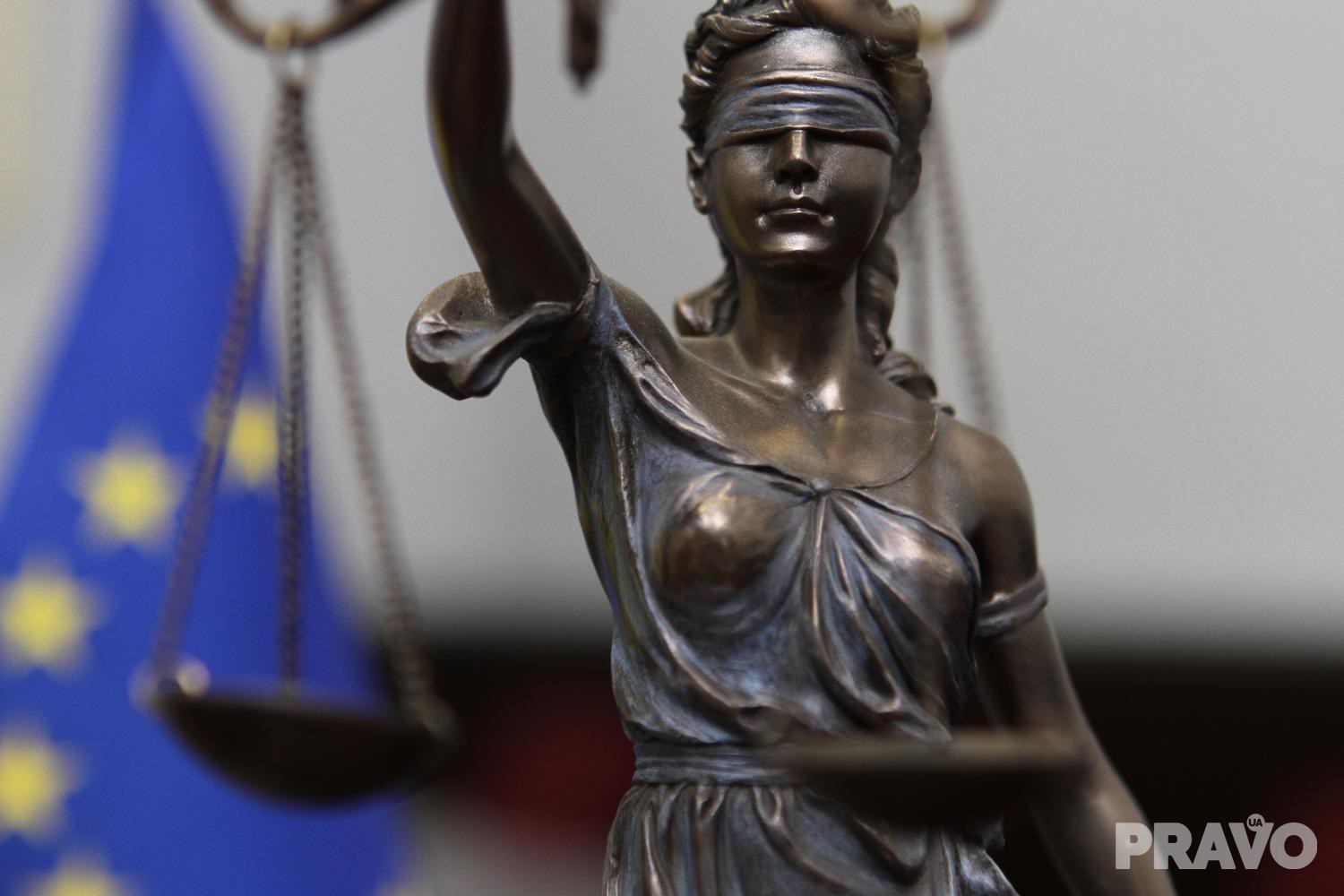active and purposeful military lawyer with more than 4 years of experience
Detention of a person as a procedural action
Detention of a person is one of the important procedural actions in law enforcement activities. This is a temporary restriction of the will of a person suspected of committing a crime, in order to find out his involvement in an illegal act and to resolve the issue of further application of procedural coercion measures to him. The detention of a person is regulated by the norms of criminal procedural legislation and is carried out in compliance with the established procedures and guarantees of the rights of the detainee.
Concept and grounds of detention of a person
Detention of a person is a temporary restriction of the freedom of movement of a person who is suspected of committing a crime, in order to find out his involvement in the committed act and to resolve the issue of choosing a preventive measure for him.The grounds for detaining a person are:
existence of a well-founded suspicion that she has committed a crime;
the need to prevent the possibility of her committing another crime;
the need to ensure the execution of procedural actions related to proving her involvement in the committed crime.
Detention of a person can be carried out both by pre-trial investigation bodies (investigator, prosecutor) and by officials authorized by law (employees of the National Police, Security Service of Ukraine, etc.). Detention of a person on suspicion of committing a crime takes place on the basis of a decision of an investigating judge or a prosecutor's decision, except for urgent cases when detention is carried out without a decision.
The procedure and procedural guarantees of the detention of a person
The process of detaining a person is regulated by the Criminal Procedure Code of Ukraine and other normative legal acts. The detained person must be immediately brought to the body that carried out the detention, where the detention protocol is drawn up. The report shall include the date, time and place of detention, the grounds for detention, a summary of the circumstances of detention, the results of a personal examination of the detainee, the items, documents and other information seized from him that are relevant for criminal proceedings.The detained person is explained his rights, namely: the right to immediate notification of close relatives about the detention and whereabouts, the right to the legal assistance of a defender, the right to refuse to give an explanation, testimony. The detainee is also informed of the crime he is suspected of committing. The arrest protocol is signed by the detainee, and a copy is given to him.
The terms of detention of a person are regulated by legislation and are no more than 72 hours from the moment of actual detention. During this time, the investigator and the prosecutor are obliged to apply to the investigating judge with a request to choose a preventive measure against the detainee. If there are no grounds for applying a preventive measure, the detainee is immediately released.
Violation of the requirements of the legislation during the detention of a person entails the responsibility of the guilty persons in the prescribed manner. In particular, illegal detention or illegal arrest is punishable by imprisonment for a term of three to six years.
The practice of the European Court of Human Rights regarding the detention of a person
The European Court of Human Rights has repeatedly considered complaints regarding the violation of the right to freedom and personal integrity during the detention of a person. The judicial practice of the ECtHR has developed a number of important principles, the observance of which is mandatory for the member states of the Convention on the Protection of Human Rights and Fundamental Freedoms.
In particular, the ECtHR emphasizes that the detention of a person should be carried out only on the grounds and in the manner prescribed by law. At the same time, detention must meet the purpose defined in the legislation - to prevent the commission of a crime or ensure the execution of procedural actions. In addition, the court must be able to quickly verify the legality of the detention.
The ECtHR also states that a person who has been detained must be immediately informed of the reasons for his detention and any charges against him. The detainee must be guaranteed the right to legal assistance and the opportunity to challenge the legality of the detention.
Conclusions
The detention of a person is an important procedural action aimed at clarifying his involvement in the committed crime and resolving the issue of further application of procedural coercion measures to him. Legislation and practice of the European Court of Human Rights establish clear requirements and guarantees regarding the detention of a person in order to ensure compliance with his rights and freedoms.
Compliance with the procedure and reasons for detention, as well as ensuring the rights of the detainee, is a guarantee of the legality and validity of such a procedural action.This, in turn, contributes to the effective investigation of crimes and the protection of the rights and legitimate interests of citizens.
Perhaps you will be interested in reading articles on such topics as: адвокатские запросы адвокатский запрос ответ на адвокатский запрос требования к адвокатскому запросу непредоставление ответа на адвокатский запрос сроки ответа на адвокатский запрос адвокатский запрос это рассмотрение адвокатского запроса об адвокатском запросе адвокатский запрос образец образец адвокатского запроса образец отказа на адвокатский запрос адвокатский запрос срок рассмотрения

































